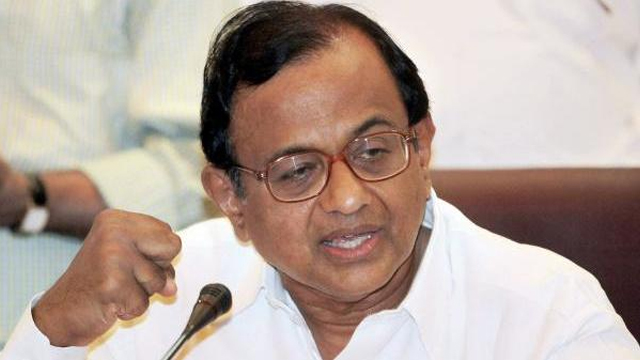Continuing the freefall, rupee on Tuesday plummeted to record low of rupees 66.07 against the US dollar, after parliament’s approval of a $20 billion food security bill.
Continuing the freefall, rupee on Tuesday plummeted further by 177 paise to touch the record low of rupees 66.07 against the US dollar, after parliament’s approval of a $20 billion plan to provide cheap grain to the poor renewed doubts about the government’s resolve to control spending ahead of elections due next year.
As posted by Reuters, 11 of 17 economists polled said the currency will be the top priority for the incoming Reserve Bank of India (RBI) Governor, Raghuram Rajan, but the consensus showed it will likely weaken to 69 per dollar before rising.
The rupee slide against dollar has sent the markets into a tizzy and Finance Minister P. Chidambaram’s promises that the government will meet its fiscal deficit target failed to turn the moods.
Chidambaram appealed for ‘patience’, claiming that the Food Security Bill will not disturb the government’s finances; a provision has already been made for payouts on the bill and it will not raise the fiscal deficit.
The Food Security Bill was passed on Monday night in Lok Sabha, hardly eight months before the 2014 general election. The plan is basically to supply cheap food grains to the poor. As formulated by the government, they will sell wheat and rice at subsidised rate to 67 percent of the country’s population of 1.2 billion.
As part of the scheme, grains amount to five kilograms per person per month would be provided, which includes rice at rupees 3 per kg to the poorest people, which is less than 10 percent of current retail rates, wheat at rupees 2 per kg and coarse cereals at rupees 1 per kg.
However, analysts dread that the cost of this bill, as projected by government, will have a big blow to the current fiscal deficit. Besides inflation fears, the rise in grant bill could distress government’s ability to contain its fiscal deficit.
Nevertheless, Chidambaram said the government will do whatever is required to be done and the rupee would find its appropriate level. He also confessed that the decisions taken by the government to counter the 2008 economic meltdown are among the reasons why the rupee declined. Chidambaram said the incentive programme announced by the government in 2008 led to both fiscal and current account deficit.
The global ratings agency Fitch on Monday said that India is finding it challenging to meet the fiscal deficit target.
Aiming to revive economic growth and to gain investor confidence, Chidambaram promised to set in motion 36 stalled projects in sectors ranging from oil, gas and power to roads and railways and announced that the government had approved infrastructure projects worth 1.83 trillion rupees ($28.38 billion).





